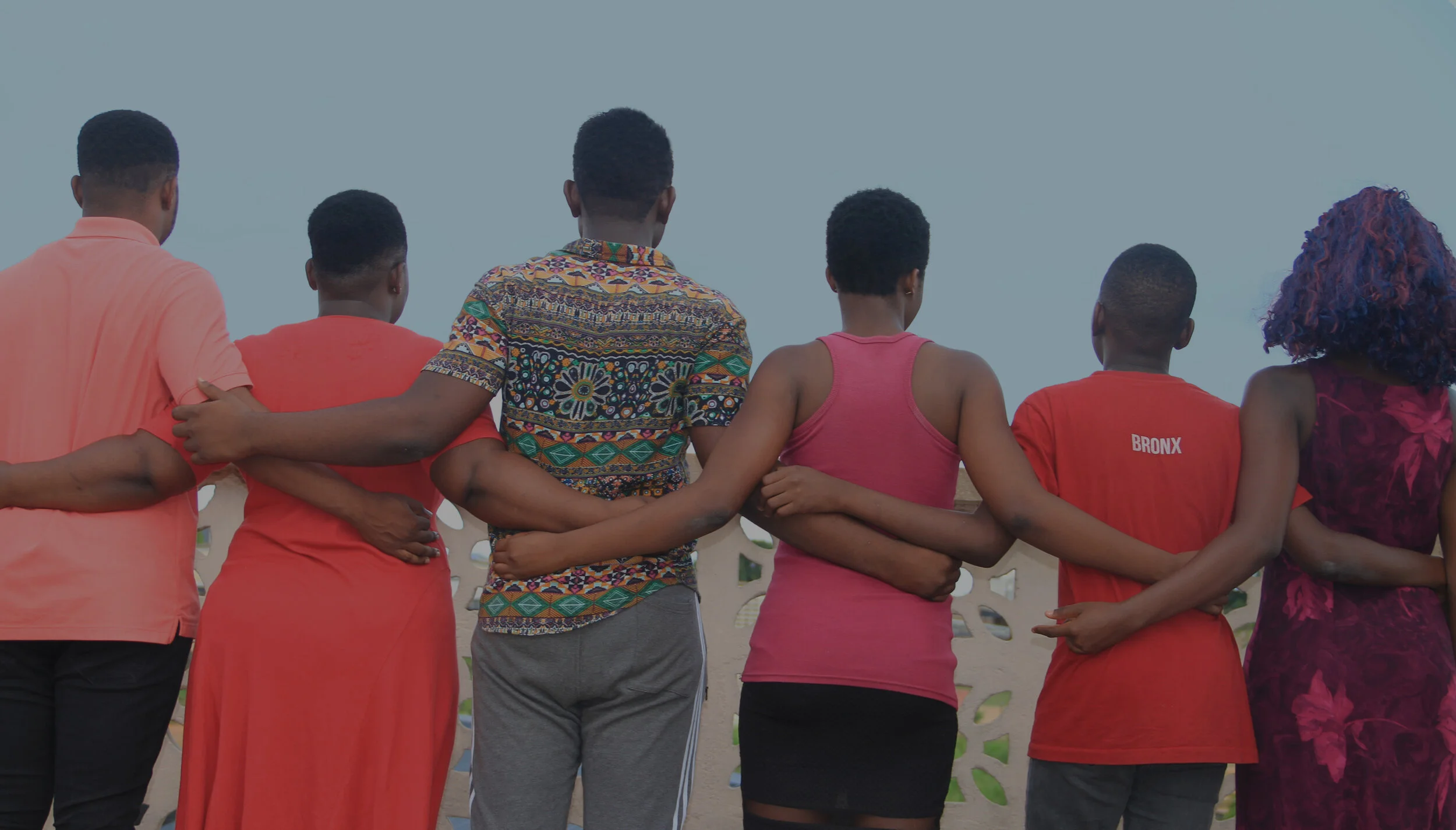An Urgent Need for Rehabilitative Programs in Ghana
In 2007, Ghana’s Department of Social Welfare (DSW) launched the initiative to de-emphasize over reliance on institutional care and move towards foster care for orphaned and vulnerable children (OVC). This initiative has reduced the number of homes for children, and the transition to a foster care system has been gradual and DSW can’t keep up with the growing numbers of children in need.
In addition, specialized emergency post-rescue shelter facilities for children who are victims of abuse and human trafficking are scarce in Ghana. Rescued children often do not receive any assistance and are reintegrated directly back into their communities, which makes them vulnerable to re-trafficking. Without the necessary victim protection structures in place and proper long-term care planning, the cycle of abuse continues.
Teenagers are especially vulnerable as they are not easy to place in foster care, and many take to the streets. There are an estimated 50,000 street children in Accra alone. Young adults with complex psycho-social issues due to years of physical, psychological, and sexual abuse, as well as security issues due to legal cases in process, can’t remain within their communities or obtain proper rehabilitation and reintegration, further exacerbating their ability to become successful and well-functioning citizens. The lack of rehabilitative childrens’ homes and rescue shelters remains a dire need to be fulfilled.
The Dream On Residential Home
In 2011, Dream On established a residential home for teens and young adults in Accra. The small family-style home serves as a new model in holistic care for children rescued from abuse and slavery. The home bridges the gap between institutional and foster care, offering a viable solution to caring for this growing population.
Our residential home offers holistic care in the form of an academic education, medical attention (including dental and vision), psychological counseling, proper nutrition, tutoring or mentoring, and extracurricular activities. The residents are motivated and supported to move toward either university or vocational training and prepared to become financially and emotionally independent.
The residents in our home, though not related and from various backgrounds, have all become close with one another as if they were siblings. They look out for each other, cook and eat meals together, and even tease each other as siblings often do. They are a family.
HOW YOU CAN HELP
Dream On is committed to this group of young adults through university or vocational school to ensure that they will have every opportunity to become productive and well adjusted citizens. Providing holistic care year to year is quite costly, and we would greatly appreciate your support.



